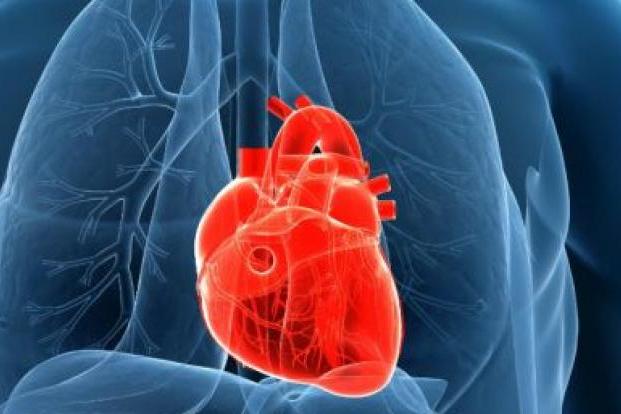Test to Help Diagnose Aortic Valve Insufficiency
Apr 19, 2022
Aortic Valve Insufficiency is a disorder caused due to defect in the main artery and the pumping chamber of your heart. This condition is triggered by the tightening of aortic valve opening which reduces the flow of blood from the heart into the aorta and other parts of the body. The blood flows backward into the left ventricle as the aortic valve does not close properly.
The symptoms include chest tightness and pain, irregular heartbeat, shortness of breath, swelling of feet and ankles, dizziness and fainting.
In this article, we learn about the various tests to help the diagnosis of Aortic Valve Insufficiency.

Diagnosis of Aortic Valve Insufficiency
The diagnosis starts with the observation of symptoms and the treatment is dependent on the severity of the condition. If you have a history of infections that affect the heart or history of radiation therapy done on the chest, you must report to your doctor without delay if you observe any of the aforementioned symptoms.
Individuals with chronic kidney disorder must not neglect the tell-tales of aortic valve disorder as it may have severed long term impacts when left untreated. The complications of the same may result in heart failure, stroke, blood clots, heart rhythm abnormalities, and even death.
Test to Diagnose AVI
An office examination precedes the diagnosis. During the office examination, the doctor will ask you the fetch complete detail about our medical history. The diagnosis includes a few tests such as:
- An X-ray of the chest in order to trace the enlargement of the left ventricular
- An Echocardiogram to survey the condition of the heart valves and heart chambers. It is done with the help of sonic sound waves that creates an image of our heart as it beats.
- An Electrocardiogram to evaluate the electrical activity of the heart. This reveals how and how much the condition has had an impact on the heart and lungs.
- Cardiac Catheterization to check the flow and pressure of blood through the heart chambers. The doctor gets a detailed report of your heart valves and chambers.







